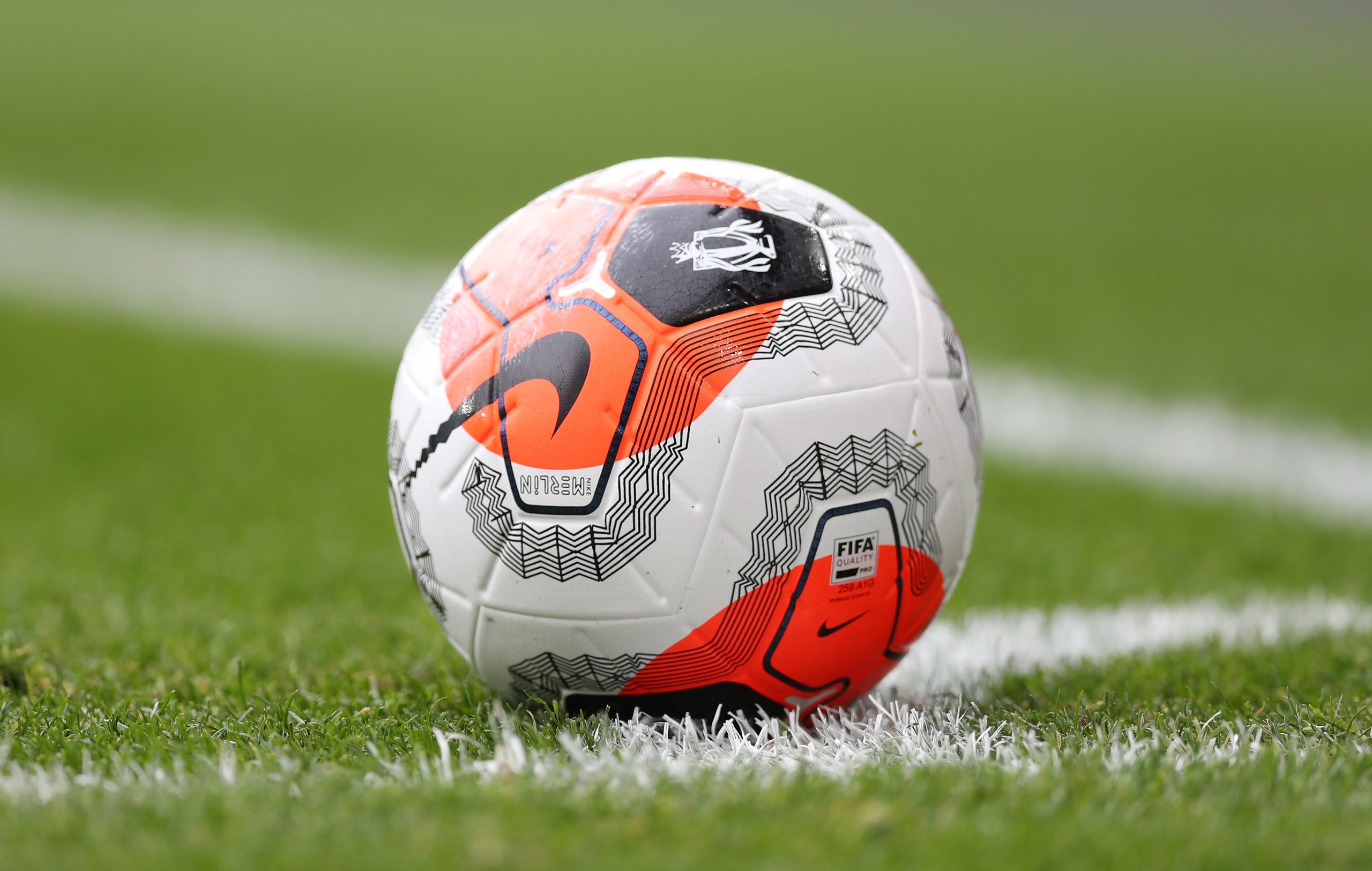In football, most attention goes to players who score or create chances. Their names fill news reports, and their highlights appear everywhere. Yet, there is one role that often works quietly in the background: the goalkeeper. This position is just as important as any other, but it rarely gets the same praise.
Goalkeepers carry a huge responsibility, and the game would be very different without their skill and focus. In total football, every player, including the keeper, has a shared obligation to both attack and defend, but goalkeepers often bear the heaviest burden when the team’s defensive line is breached.
The Pressure of the Last Line of Defence
A goalkeeper’s job is unlike any other on the field. One small mistake can erase all the good work done during the match. For example, a striker can miss several shots but still be celebrated for one winning goal. A goalkeeper can make save after save, but be remembered for the single goal allowed. This level of pressure requires strong focus and mental strength from the first whistle to the last.
In soccer, goalkeepers are often underappreciated even though they face some of the most intense physical and mental demands in the sport. They work in high-pressure situations where a single save, or even a well-placed goal kick, can define the outcome of the game. Pro goalkeepers at the FIFA World Cup, UEFA Champions League, or UEFA Nations League know that one decision can influence not just a match but a team’s entire tournament.
The Physical Demands Are Different
Goalkeepers prepare their bodies for movements that most players rarely practice. They need quick reactions, strong hands, and the ability to move sharply in any direction. While outfield players run up and down the pitch, goalkeepers often stay in position until the moment action reaches them. When it does, they must be ready to dive, jump, or stretch to stop the ball.
Their performance also depends on having the right gear. Wearing high-quality gloves for soccer is essential, as they give keepers a better grip, control, and protection during saves. This is part of a wider set of elite-level goalkeeper accessories that support their training and match performance. A fingertip save in the final minute may look simple on television, but it comes from years of focused preparation, the right tools for the job, and an understanding of how defensive midfield and attacking midfield players shape the flow of the match.
Quick Decisions in High-Pressure Moments
Goalkeepers make constant decisions during a game. In a split second, they choose whether to stay on the line, step forward, or dive toward the ball. A wrong choice can lead to a goal.
This is not only about stopping shots. Goalkeepers also watch the flow of the game and read where the next attack may come from. They guide defenders with clear instructions, making sure the team stays organized. In many ways, they act as quiet leaders who shape the team’s defense from the back, something legends at Arsenal FC and other top clubs have shown many times.
Saves That Change the Result
Many matches are decided by one key save rather than a goal. A goalkeeper’s stop can turn the mood of the game, lifting their team and frustrating the opponent. Penalty saves are a perfect example. They require more than skill; they demand calm under intense pressure.
Often, these moments fade from memory faster than goals. The score might show a 1–0 win, but without that earlier save, the result could have been completely different. In tournaments like the UEFA Champions League, the FIFA World Cup, or the UEFA Nations League, such moments can decide the fate of an entire campaign.
The Emotional Weight of the Position
Goalkeepers carry a unique kind of stress. Their mistakes are replayed again and again, while their best saves might only be mentioned briefly. This can be tough to handle, especially for younger players. The player age factor plays a big role, as less experienced keepers might struggle more with the mental side of the game. The best goalkeepers learn to let go of errors quickly and stay focused on the next play. This ability to recover mentally is just as important as physical skill.
Why Recognition Matters
Part of the reason goalkeepers are overlooked is that goals are easier to celebrate. Defensive plays do not create the same excitement for fans, yet they are equally important for winning games. A strong goalkeeper can be the difference between a good team and a great one.
Showing more respect for goalkeepers helps the sport as a whole. It reminds players and fans that football is not only about scoring but also about preventing goals. For years, clubs like Arsenal FC have shown that a dependable goalkeeper can anchor the team’s success.
Conclusion
Goalkeepers are much more than players who stand in front of the net. They are decision-makers, leaders, and athletes who often save their teams from defeat. Their role demands quick thinking, skill, and mental toughness. Without them, the balance between attack and defence would collapse. Giving them more credit is not just fair; it is a better way to appreciate the game and honour those who protect the goal in every match, from league play to the FIFA World Cup.
